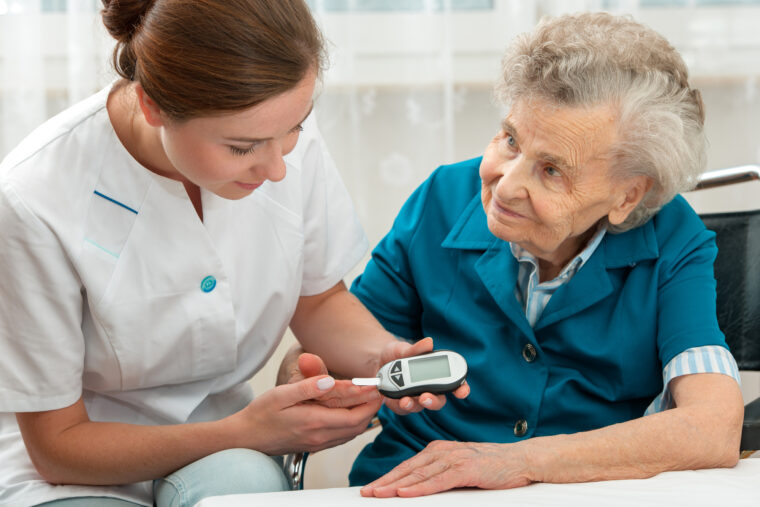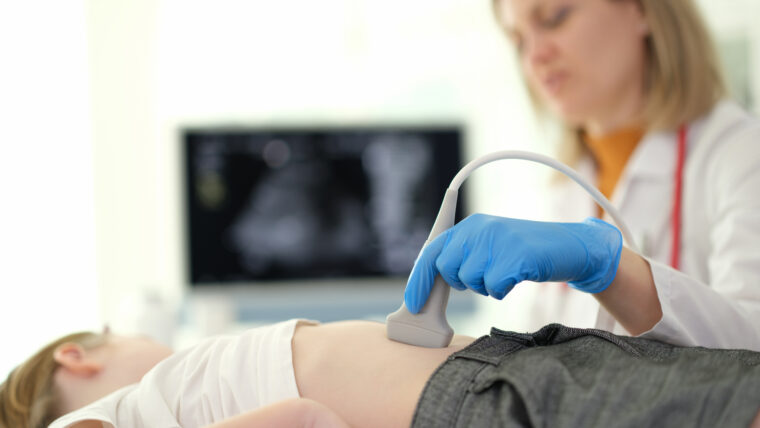The Symptoms And Remedies Of Bile Deficiency

Health challenges come with their fair share of concern. One such challenge is bile deficiency. Bile, a critical digestive system component, helps the body break down and absorb fats. Insufficient bile disrupts this process, leading to severe discomfort and other health concerns.
Identifying bile deficiency symptoms and knowing the available remedies can be vital to healthier living. With that in mind, this article will help you understand the role of bile and its deficiency symptoms. It’ll also help you find out how available remedies can help address the issue.
Symptoms Of Bile Deficiency
When there’s a shortage of bile in the body, you may experience the following symptoms:
- Indigestion And Constipation
Indigestion is a common symptom of bile deficiency. As previously mentioned, the body uses bile to break down fats and fat-soluble vitamins. When bile secretion falls below the accepted levels, fats don’t get properly digested, leading to a feeling of fullness or bloating.
Bile also stimulates bowel movements by triggering muscular contractions in the intestines. Additionally, bile salts enhance water secretion into the colon, softening stool and promoting regular bowel movements.
To that end, a deficiency can slow down the process, leading to constipation.
- Changes In Stool
Bile gives fecal matter its brown color. When bile is deficient, stools may become paler, sometimes even gray or yellow. Often, this results from obstruction to the gall bladder, preventing bile from getting into the intestines.
Also, due to undigested fat content, bile deficiency might cause your stool to float more often than sink. This condition is medically termed steatorrhoea. These symptoms might appear benign, but when persistently experienced, they can signify a bile deficiency.
- Jaundiced Skin
Jaundice is the yellowing of the skin and the whites of the eyes due to the buildup of bilirubin, a bile component. This condition results from the body’s failure to transport bile to the intestines due to bile duct blockages or liver problems.
When this happens, bilirubin accumulates in the bloodstream. This causes the skin, the whites of the eyes, and the mucous membranes in the mouth to turn yellow.
Other symptoms may include pain in the upper right part of the abdomen and itching due to the accumulation of bile salts under the skin. Exhibiting these signs may indicate bile deficiency. However, it’s advisable to visit a medical professional for further diagnosis.
Remedies For Bile Deficiency
If you’re diagnosed with bile deficiency, several remedies can help manage the condition:
- Supplements
Since the 1800s, the medical community has been abuzz about the many ox bile benefits to the body. This is one of the many supplements that may be prescribed when diagnosed with bile deficiency.
These supplements compensate for lower natural bile production. Generally, they mimic the body’s bile, assisting in the breakdown of fats and alleviating symptoms associated with deficiency.
Apart from ox bile, others include over-the-counter digestive enzyme supplements and lecithin.
Before starting any supplement regimen, consult with your healthcare provider. They may advise you on what’s suitable for your specific needs.
- Dietary Changes
Altering your diet is one of the most effective ways to cope with bile deficiency. Consider the following dietary changes:
- Fiber-rich foods – Consuming a diet high in fiber can stimulate bile production. Foods such as whole grains, fruits, vegetables, and legumes can be beneficial.
- Healthy fats – Healthy fats in foods such as avocados, olive oil, and fatty fish can encourage bile production.
- Small, frequent meals – If you have low bile levels, opting for smaller, more frequent meals instead of high-fat meals can reduce strain on your digestive system. This approach can allow your body to manage the digestion process more effectively.
As with supplements, you need to consult a medical professional to guide you on the best dietary practices.
- Medication
Certain medications can stimulate the liver to increase bile production or help the gallbladder contract and empty.
A good example is the bile acid sequestrants. These medicines bind to bile in the intestines and promote its excretion, reducing deficiency symptoms.
It is crucial to discuss these options with your healthcare provider to ensure they’re a good fit for your health journey.
- Lifestyle Adjustments
Obesity can strain the liver and reduce bile production. On the other hand, maintaining a healthy weight through proper nutrition and regular exercise can contribute to overall liver health.
Therefore, adjusting to a more active lifestyle and mindful eating habits can improve digestion and liver function. Before making significant lifestyle adjustments, consult healthcare professionals for guidance.
While these remedies can alleviate the symptoms of bile deficiency, self-diagnosis and treatment may not always yield the desired results.
Talk To A Professional
Bile deficiency can cause turbulence in your body’s digestive process. However, implementing the appropriate remedies can help manage this condition effectively.
While this article acts as a guide, it’s not a substitute for seeking professional help. If you suspect you suffer from bile deficiency, consult a health professional to guide you on the steps to take.

